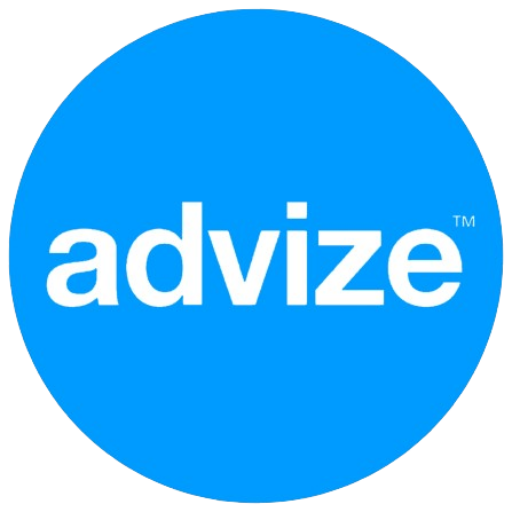How important is quality to you? For most people, quality – which equates to a measure of excellence and meeting strict standards – is one of the most important factors in most decision-making related to consumer goods and products. Take the automobile industry; businessdictionary.com uses the example that “if an automobile company finds a defect in one of their cars and makes a product recall, customer reliability and therefore production will decrease because trust will be lost in the car’s quality.”
Healthcare Payers:
It goes without question that we as consumers expect the automobiles that we drive to have the utmost quality. Shouldn’t we as consumers of healthcare expect the utmost quality from our healthcare plan? Over the past few decades, there has been a push to improve the quality of healthcare as well as the healthcare plans we use. Finding a way to measure and report the quality of a health plan is extremely important for healthcare consumers and their employers. With the demand for quality healthcare plans on the rise, the agencies that help report and maintain healthcare quality have arisen. One of these agencies is the National Committee for Quality Assurance (NCQA). NCQA manages voluntary accreditation programs for individual physicians, medical groups, and health plans. Health plans seek accreditation and measure performance through the administration and submission of the Healthcare Effectiveness Data and Information Set (HEDIS). NCQA also provides an evidence-based program for case-management accreditation available for use in payer, provider, and community-based organizations. HEDIS is a widely used set of quality performance measures in the managed care industry. HEDIS is one component of NCQA’s accreditation process, although some plans submit HEDIS data without seeking NCQA accreditation. An incentive for many health plans to collect HEDIS data is a Centers for Medicare and Medicaid Services (CMS) requirement. Ninety percent of America’s health plans use HEDIS to measure performance on important dimensions of care and service. Because so many plans collect HEDIS data, and because the measures are so specifically defined, HEDIS makes it possible to compare the performance of health plans on an “apples-to-apples” basis. Health plans also use HEDIS results themselves to see where they need to focus their improvement efforts. Some of the HEDIS measures per the NCQA are:
- Asthma Medication Use
- Persistence of Beta-Blocker Treatment after a Heart Attack
- Controlling High Blood Pressure
- Comprehensive Diabetes Care
- Breast Cancer Screening
- Antidepressant Medication Management
- Childhood and Adolescent Immunization Status
- Childhood and Adult Weight/BMI Assessment
Still, the Patient Protection and Affordable Care Act (PPACA) or (ACA) requires that all health plans participating in the new health insurance exchanges be accredited. Per NCQA: “Health plans that maintain NCQA Accreditation report clinical quality and patient experience measures, and allow the results of those measures to be publicly reported. They have a strong record of steady improvement in reported measures. Today, nearly 60% of all health plans in the U.S. are accredited by the NCQA. These plans provide coverage for 109 million Americans or 70.5% of all people covered by private health plans.” Quality measures from health plans will continue to be a demand of the healthcare consumer. With NCQA and HEDIS measures in place, a consumer or an employee group can compare health plans and determine what is best for an individual or their employees. The impact on a clinical practice is to ensure that the proper documentation procedures such as electronic medical records (EMR) are in place as well as proper claim filing to Medicare and other third party payers. In the future, reporting proper data to and coordination with the health plan will create and achieve a smooth process for NCQA and HEDIS and other quality reporting agencies.
To read more about Quality Measuring Tools for Healthcare Providers, See Advize Health’s March Newsletter.


Recent Comments